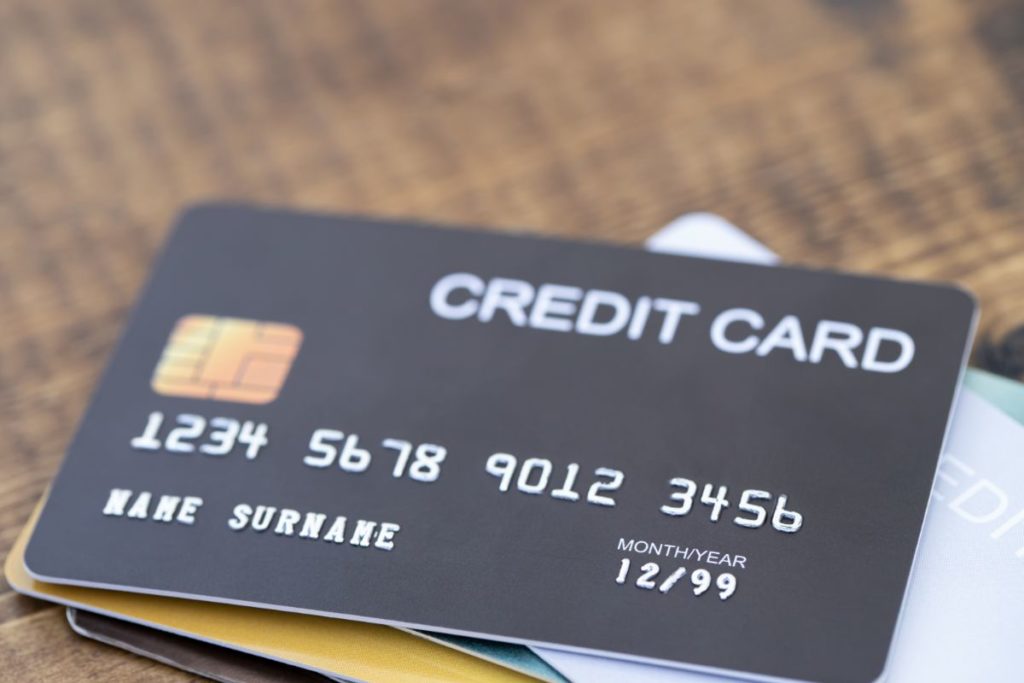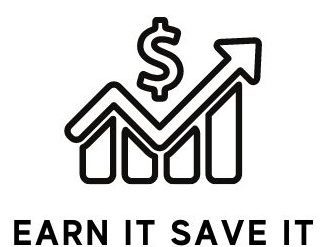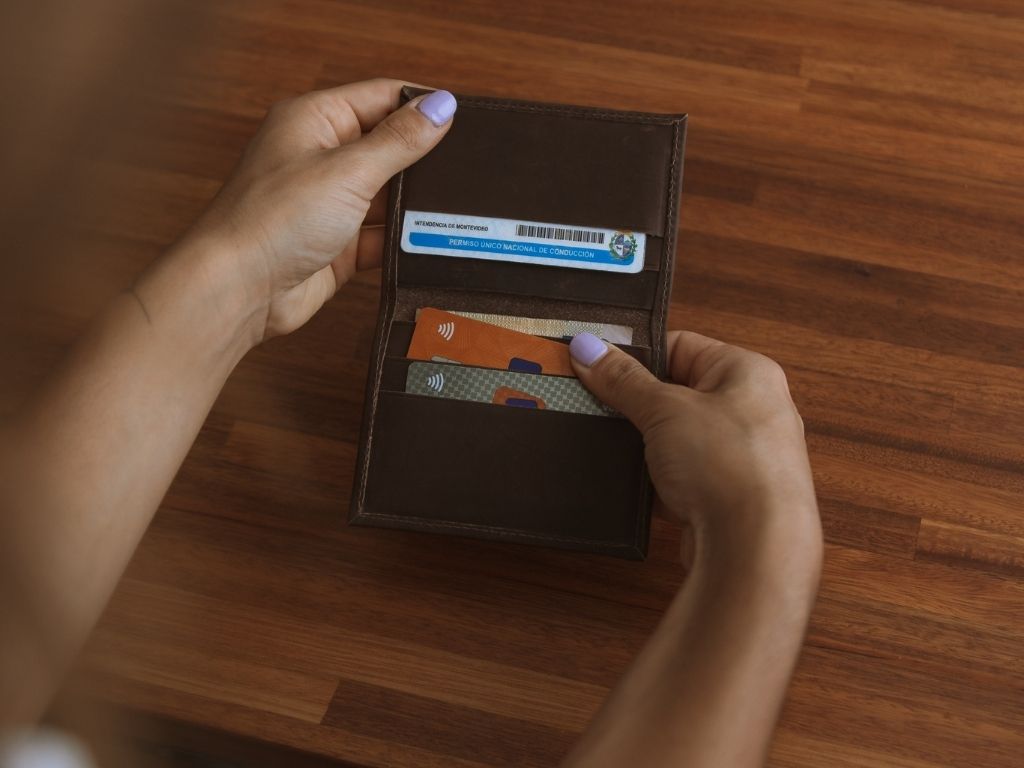Table of Contents
If you’re anything like me, you’re obsessed with credit card rewards. By credit card rewards, I mean those points or cashback you earn every time you make a purchase with your card. If you’re not obsessed, or worse yet, you’re not even collecting, you should be. Why? Because if used effectively, credit card rewards = free money/travel. And who wouldn’t want that?
How Do Credit Card Rewards Work?
Credit card rewards usually work like this:
- You apply for a rewards card
- Once approved, you’re awarded a sign-up bonus on your first statement or after you meet a minimum spend in a set amount of time
- You earn points or cashback on every purchase you make using your credit card
- You save up the points/cashback for a while until you’re ready to redeem them – if you follow my advice, it won’t take long to rack up a ton of rewards. Don’t believe me? Between 2016 and 2017 I personally used credit card rewards to completely cover about $3500 in travel.
Ok, so now that you know how it works, it’s time to start talking strategy. Stick with me, because I’m about to give you the lowdown on how to maximize your credit card rewards.
Never Pay Interest
So before I get into it, I need to tell you the golden rule: Never pay credit card interest. Never. Credit card interest is the devil, ok?
How do you avoid paying interest? Easy. Just make sure you pay your balance in full by the statement due date. If you’re using a budget to manage your spending, this shouldn’t be hard. If you haven’t mastered budgeting yet, forget your credit cards for now and focus on that. Because honestly, paying interest negates any value you’d get from credit card rewards.
We good? Ok, moving on.
Choose the Credit Card Rewards that Suit Your Needs
This should go without saying, but be sure to choose a card with rewards you can actually use.
If you’re a traveler, travel rewards cards can offer some incredible value. If you’re loyal to a particular airline, you might consider a branded card so you earn their miles. On the other hand, if you don’t care for traveling, skip the travel cards and look at cashback options instead.
Meet Requirements for the Sign-up Bonus
If the card you’ve chosen offers a sign-up bonus, you want to make sure you satisfy any criteria for receiving the bonus. Sometimes it’s just linked to your first purchase, but the really sweet bonuses are usually contingent on spending a minimum amount on the card within the first one to three months. For example, $1500 within the first three months.
You want to track your spending to make sure you don’t leave that one-time bonus on the table. My advice is to start using the card for as many of your regular purchases as you can. This way, you’re bound to meet the requirements, and you start earning tons of rewards. This gets me to my next point…
Use Your Credit Card for Every Possible Purchase
Here’s the thing: the really sweet rewards credit cards usually come with an annual fee. Sometimes it’s a pretty hefty annual fee. Think $100+ every year. A lot of people balk at that, but you need to remember that if you use your card enough, the value of the rewards will far outweigh the cost of the annual fee. This is because you earn rewards on every purchase. Crunch the numbers to make sure you get a card that makes sense for your average monthly spending.
The key is to use your credit card for every possible purchase you can. If you’re the kind of person who only uses a credit card to book travel, then having an annual fee card is not for you. If you’re serious about maximizing your credit card rewards, you need to use it for everything.
When I say everything, I do mean everything. I’m talking about all your automated bills, your groceries, shopping, eating out, gas, buying a $2 coffee, you name it. If it’s possible to use credit, use credit! I literally never use cash or debit unless I’m somewhere that doesn’t take Visa. People feel silly using their credit cards to pay for small purchases like coffee, but I don’t get that. It doesn’t cost you anything to use the card, and every little purchase adds up. The more you spend on it, the more rewards you earn.
Caution: I’m not advocating racking up your credit card to get rewards. Never buy something you can’t afford. If you do that, you’ll end up paying interest, and that’s a no-no. But do use it for all your day-to-day purchases and all your automated bill payments.
Capitalize on Bonus Offers
Some cards periodically offer their customers’ bonus points for shopping at certain partner retailers. Keep an eye out for those offers, because you might be able to take advantage of them. Some cards also have online stores that you can use to link to partner retailers, and you only earn the bonus points if you go through the portal first. Before I buy anything online, I check to see if there are any bonus offers available to me. Make sure you’re signed up for promotional emails so you never miss a deal.
Redeem Smart
This one all depends on your card. If you’re using a cashback card and earning a flat rate on all your purchases, then redeeming is pretty simple. Wait ‘til you’ve accumulated a nice sum of cash and then cash out, baby. Cha-Ching! Your cashback might be applied to your credit card statement, or perhaps mailed to you as a cheque. Either way, there’s not too much to consider.
Points can be a different beast. Travel points are actually my favorite credit card rewards, but depending on the card, you need to know what you’re doing.
For example, a lot of travel reward cards offer flexible redemption options. That might mean that you can redeem credit card rewards towards any travel-related expense, that you can book flights directly, or that you can redeem for non-travel things like gift cards or merchandise. One of the cards I use also allows you to pay back your card with points, or to convert points into an investment contribution or loan payment (through the issuing bank).
Flexibility is great, but the catch is that the value of the points depends on the redemption option you choose. Often, the best value is to use the points to book flights.

Reward Examples
If you can get a $500 flight for 25,000 points, or you can convert 25,000 points into a $250 statement credit, then obviously the best value is to book the flight.
Sometimes a set amount of points will get you a flight up to a maximum price. For example, those 25,000 points might be for a maximum ticket price of $500. If that’s the case, you want to use those points for a $500 flight, not a $300 flight. In the first situation, your points are worth about two cents each. In the second, they’re only worth 1.2 cents.
It literally pays to take the time to understand your options so you can get the best possible value from your credit card rewards.
Wrapping Up
Ok, folks, that’s a wrap. I hope you walk away convinced that credit card rewards are awesome and confident in your ability to maximize them going forward.

